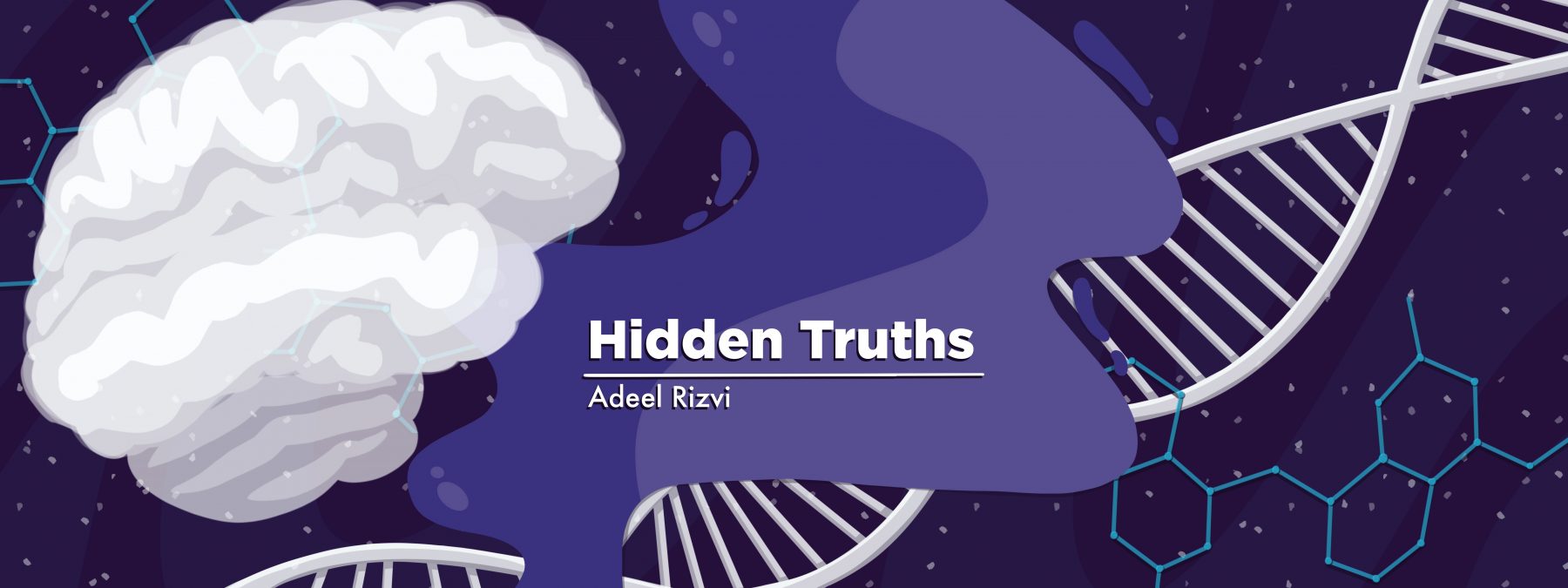On Not Giving Up Too Soon About What We’ve Resolved to Do
Written by |

Every year, many of us commit to resolutions for the new year, but often we find ourselves giving up on them within the first few months. Sometimes even sooner. These new resolutions seek to empower us to make changes in our lives, but it is not how we think about solutions, but how we act on them that matters. Actions speak louder than words.
In Japan, the ritual to prepare for the new year is called “O-souji.” It involves cleaning the house, and is somewhat like spring cleaning in the U.S., except that it occurs at the end of the year. While this ritualistic cleaning involves “out with the old, in with the new,” it means more than just a physical cleaning. It also symbolizes a fresh spirit and a new beginning for a household.
Starting a new year is like having a clean slate. But if our space is cluttered, there will be no room for new things. Take this concept of physical space and transfer it to the space in our heads. Are we prepared to take on something new, or are we still carrying around last year’s clutter?
To help clear our minds for the year ahead, we should take stock of all that has occurred in the previous and make note of what has worked and what hasn’t. There will be no room for growth if we go into the new year with a cluttered head. It’s just like an unclean space. As with O-souji, it is essential to “clean house” of our thoughts and intentions.
Changes take time
For me, looking back at the old year has meant reviewing many of my old columns, the things I shared about my diagnosis of limb-girdle muscular dystrophy more than a decade ago, as well as my advice for asking questions so others can gain knowledge about their own diagnosis. In reviewing my columns, I saw that I changed. I went from a more closed mentality to one that is more open. I have learned about myself and about how to share myself through my writing.
My original purpose in writing this column was to try to reach at least one person. Based on the feedback I’ve received, I believe I’ve accomplished that goal.
But, as part of the act of cleaning and preparing for the year ahead, I must decide what else I want to achieve, and recognize what I can complete and what I can’t complete. Knowing this means knowing my strengths and weaknesses. The only person who knows me is me.
Coming into this knowledge takes time. We must listen to ourselves and take the time to hear what we are saying so that we can make careful choices.
When we make resolutions about things we want to accomplish in the new year, we might abandon them because we haven’t fully taken the time to ask ourselves why we made them, what we want to achieve from them, or how long it make take for real change to occur — for our houses to be swept clean so we can begin to let in something new.
So let’s not be overwhelmed by the tasks we must complete. Once we know and accept that things like decision fatigue are real, we can do more to improve our health. As it is often said, “talk is cheap, and (real) action is hard.” Let us all find the calm in the chaos of our lives as we prepare for our own changes.
Everybody who reads my column is important to me and we have a lot of good left to do. Be well and I hope I will see everybody soon.
***
Note: Muscular Dystrophy News is strictly a news and information website about the disease. It does not provide medical advice, diagnosis or treatment. This content is not intended to be a substitute for professional medical advice, diagnosis, or treatment. Always seek the advice of your physician or another qualified health provider with any questions you may have regarding a medical condition. Never disregard professional medical advice or delay in seeking it because of something you have read on this website. The opinions expressed in this column are not those of Muscular Dystrophy News or its parent company, Bionews, and are intended to spark discussion about issues pertaining to muscular dystrophy.






Debra Love
Yes my friend, you have met your goal. I enjoy your article and the connection I feel with you because of our mutual diagnosis. I was diagnosed with FSHD and the symptoms and effects are pretty similar. I recently had a traumatic fall and broke my left hip, which happened to be on my "good" leg. I have experienced so many emotions during this time of recovery. It's been 4 months now and I have learned so much more about me in these last 4 months. Thanks for your words. Blessings to you my friend.